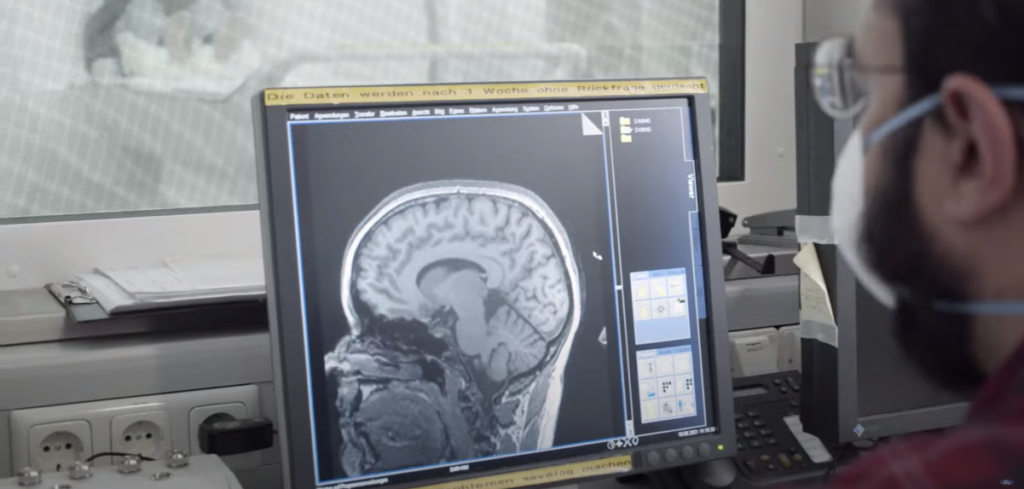Auto maker Ford has revealed that it is pioneering new brain research that it states could ultimately lead to a faster, and more accurate, way to detect when the driver is starting to switch off behind the wheel.
“The brain processes huge amounts of information when we are driving, but that may change as driver assistance technologies do some of the driving for us. Drivers also get tired and their minds can wander. Identifying more quickly when this happens could be of critical importance,” explained Stefan Wolter, research engineer, Research and Advanced Engineering, Ford of Europe.
Working with neuroscientists, Ford is hoping that by identifying the brain responses that reveal lapses in concentration, it may then be possible to match the scans to their physical manifestations – such as changes in heart rate or breathing. Should a loss in concentration become apparent, for example, by a change in heartbeat variability detected via wearable technology, the vehicle could then alert the driver.
Ford notes that even as driver assistance technologies offer increasing levels of support to those behind the wheel, it remains crucial drivers stay alert and do not become overly reliant on assistance technologies.
The company is currently conducting the research on mapping brain patterns with Uniklinik RWTH Aachen in Germany. The testing involves participants completing a driving simulation while their brain activity is scanned by an MRI machine. A specially positioned mirror enables the participants to see the simulation on the screen.
The scenario, designed using gaming technology, involves a three-lane highway at night where a vehicle in the middle lane brakes suddenly and the participant has to take over and move the car to the left or right, using a handheld device. The participants are also prompted by engine sounds to indicate which lane it is safe to move to.
The MRI machine scans the brain before and during these actions, while the researchers measure how quickly the participant reacts and whether they make the right decision, as well as monitoring changes to heart rate, breathing rate and other physiological measures.
“We believe that by capturing this data we could one day be able to generate unique physiological driver fingerprints so that drivers of the vehicles of the future can be prepared to react and to intervene immediately in case it is required,” noted Prof. Klaus Mathiak MD, PhD, head of Psychoneurobiology and lead consultant for Psychosomatic Medicine, Uniklinik RWTH Aachen.
Ford has not given any indication of when the results of this research could appear in production vehicles.


